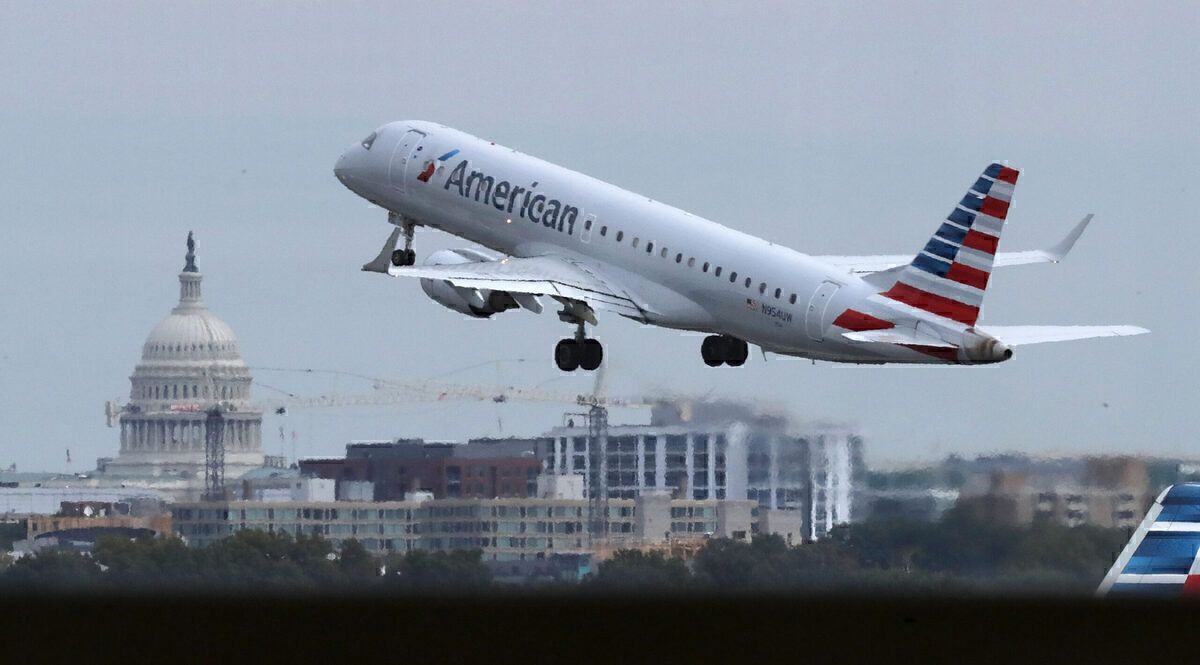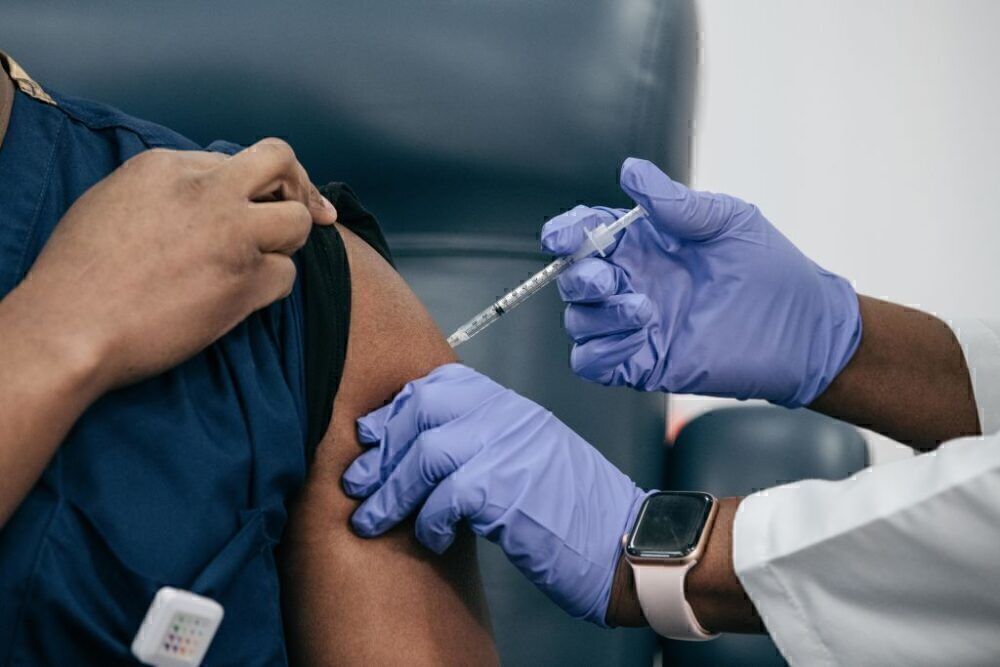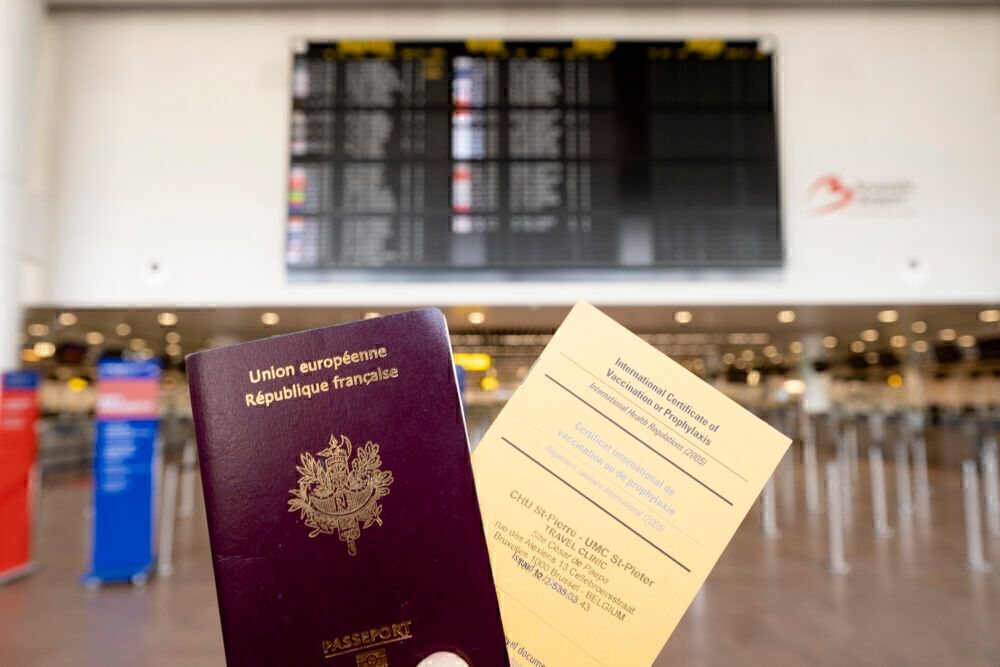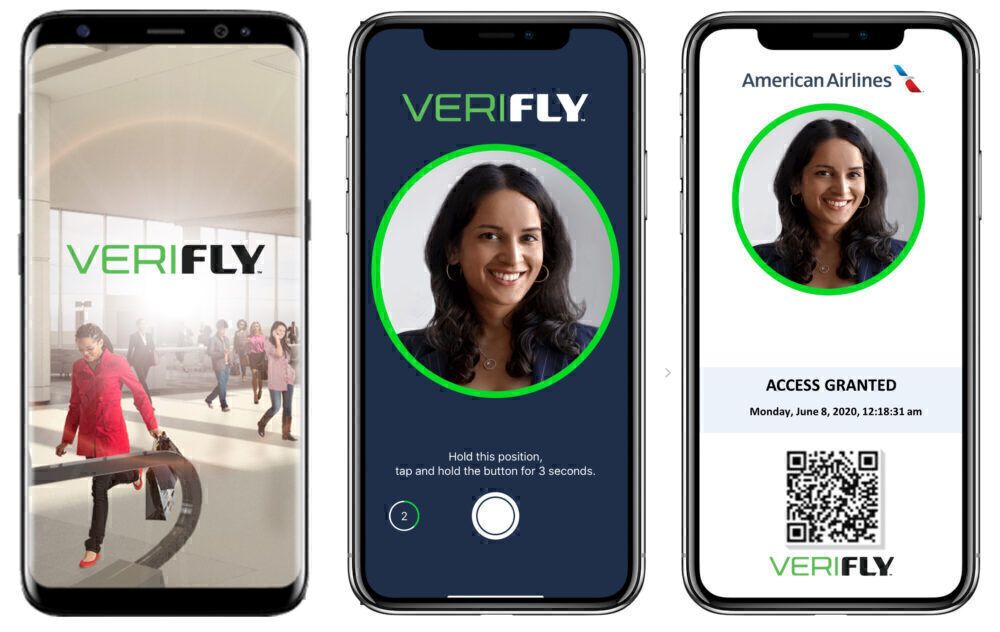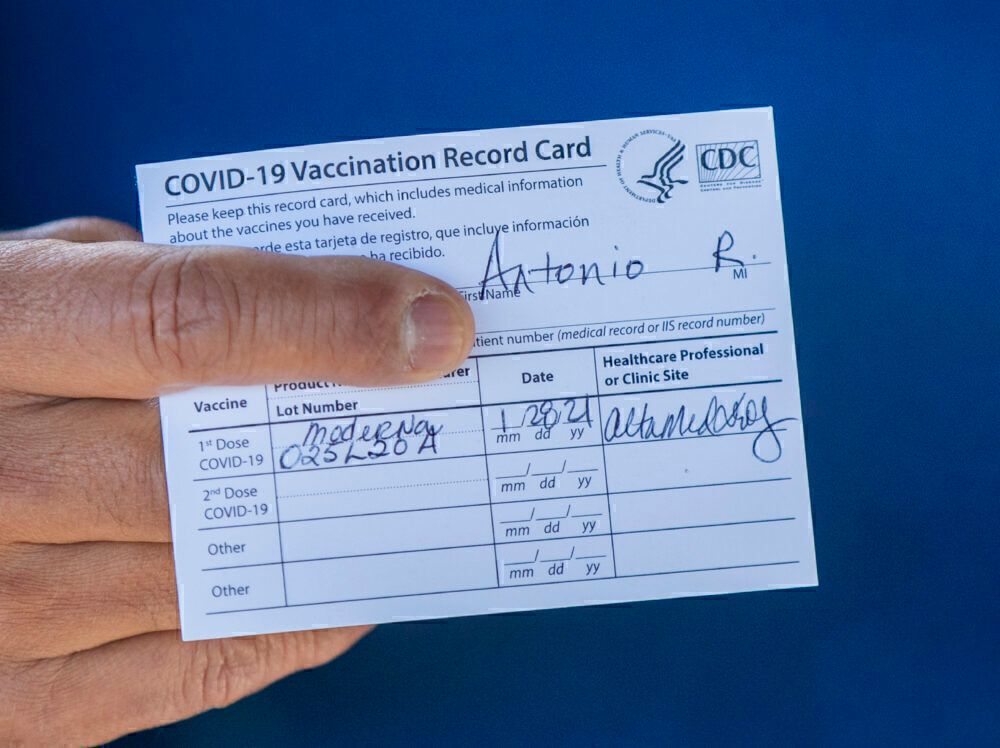President Joe Biden's administration is doubling down on its stance that a vaccine passport should come from the private sector. At a briefing today, White House Senior Advisor for COVID Response, Andy Slavitt, indicated that the government would develop guidelines for the private sector but stay out of the actual development of a vaccine passport.
Biden Administration shies away from making a vaccine passport
As other countries around the world seek to implement a vaccine passport for their citizens, the Biden Administration has not viewed this act as their responsibility. Instead, the government wants that burden to fall to the private sector, where digital health passports have had some success.
Andy Slavitt stated the following at a COVID-19 Response Team briefing about the development of vaccine passports:
"We recognize this is a tricky and important subject, but the core here is that Americans, like people around the world who are vaccinated, will want to be able to demonstrate that vaccination in various forms. This is gonna hit all parts of society, so, naturally, the government is involved, but unlike other parts of the world, the government here is not viewing its role as the place to create a passport, nor a place to hold the data of citizens. We view this as something that the private sector is doing and will do. What's important to us, and we're leading an interagency process right now to go through these details, are that important criteria to be met with these credentials."
The guidelines for a vaccine passport
The government would rather create guidelines for what a vaccine passport should include. Mr. Slavitt outlined what the government wanted to see from the vaccine passports:
- Equitable access: ensuring that people, whether or not they have access to technology, could use a vaccine passport
- Privacy: storing health information is a sensitive topic, and companies need to handle this with the utmost care so people know their information is safe, secure, and is not shared broadly
- Free of cost: the government wants to see a free vaccine passport
- Multilingual: given the array of languages people speak in the United States, the government wants such passports to be available in multiple languages
The process for creating the guidelines is an inter-agency one. The government is taking information from multiple sources and experts, but Mr. Slavitt highlighted that the process for creating the guidelines was not impairing or slowing down the development of a private sector vaccine passport.
What could vaccine passports look like?
Digital health passports are all the rage these days. Applications like VeriFLY, which multiple carriers ranging from Alaska Airlines to American Airlines to British Airways and more are using, have shown success in allowing passengers to upload secure information and be assured that they have met all the entry requirements in place for a specific destination.
Such apps are currently optional, and airlines will likely continue to offer digital health passports on an optional basis where customers can opt-in rather than opt-out. Airlines, such as American, have been forthcoming that these apps reduce travel-related stress and can help unlock opportunities to conduct international travel. Still, it is not forcing its customers to use the app.
There could be options for calling in or getting a paper vaccine passport for those who may not have a smartphone or a device to handle such an app. Paper vaccine passports are most common with proving yellow fever vaccinations.
Stay informed: Sign up for our daily and weekly aviation news digests.
A hodgepodge of options
As various countries introduce different vaccine passports or choose to forego developing a government one, there will be a hodgepodge of options for passengers. This hodgepodge is likely to cause some confusion, especially at customers and borders, over what is acceptable for entry.
One option for cutting down on this hodgepodge is for countries to list acceptable forms of proof of vaccination. If a vaccine passport available to Americans is not accepted in a foreign country, the white CDC-branded vaccination card should be sufficient. Iceland has already indicated those cards will be accepted.
Nevertheless, the private sector is moving forward with a vaccine passport in the United States. Multiple passports should be available widely for Americans once the guidelines are out, which should come in a few weeks. As various countries prepare to reopen, ranging from Iceland to Seychelles, keep an eye out for whether and which digital vaccine passports will gain you access to a foreign country.
One more universal option could be the IATA Travel Pass. If trials go well, the passport could become a ubiquitous option for passengers.
Do you think the Biden Administration is right to leave vaccine passport developments up to the private sector? Let us know in the comments!

